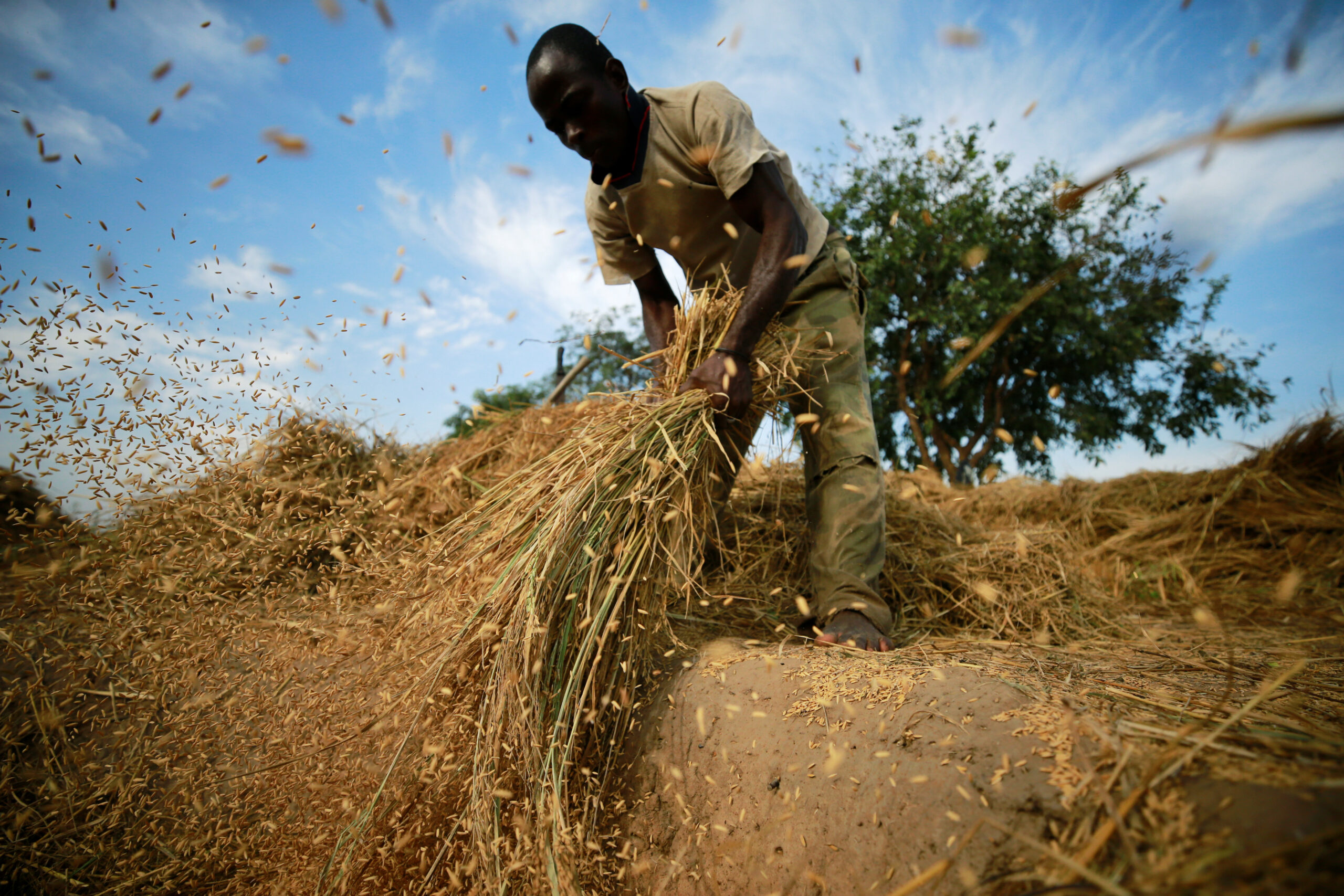African households are highly recommended to have their own grain reserves as one of the solutions to food insecurity, The East African Business Council (EABC) has suggested in a new report that analyzes the effect of food inflation in the region.
The EABC, a regional private sector body, says the grain reserves held by households would be in addition to the national strategic food reserve, where millers would buy grains when there is a shortage at subsidized prices. The “Impact of Global Crises on Food Security in East African Community Report” looks into the member states’ cereal imports, exports, and affordability, detailing interventions that, if implemented, can be of benefit to the countries.
In the report, the EABC also urges East African Community (EAC) partner states to allow for emergency exports in times of shortage.
It uncovers the gaps in the production value chain and urges its seven member states to increase trade within the region to expand the capacity of farmers to produce more. It also details the deficiencies in food security using food imports over total merchandise exports, particularly cereal dependency.
According to the report, Burundi, Kenya, and Rwanda had the highest import dependency ratios in the EAC region. It blames the fact on these countries having mainly cereals as their staple foods, which are not adequately produced in their respective countries. In contrast, Tanzania and Uganda seem to import less of the food, possibly because they are able to meet their local needs as cereals also constitute some of their staple foods.
